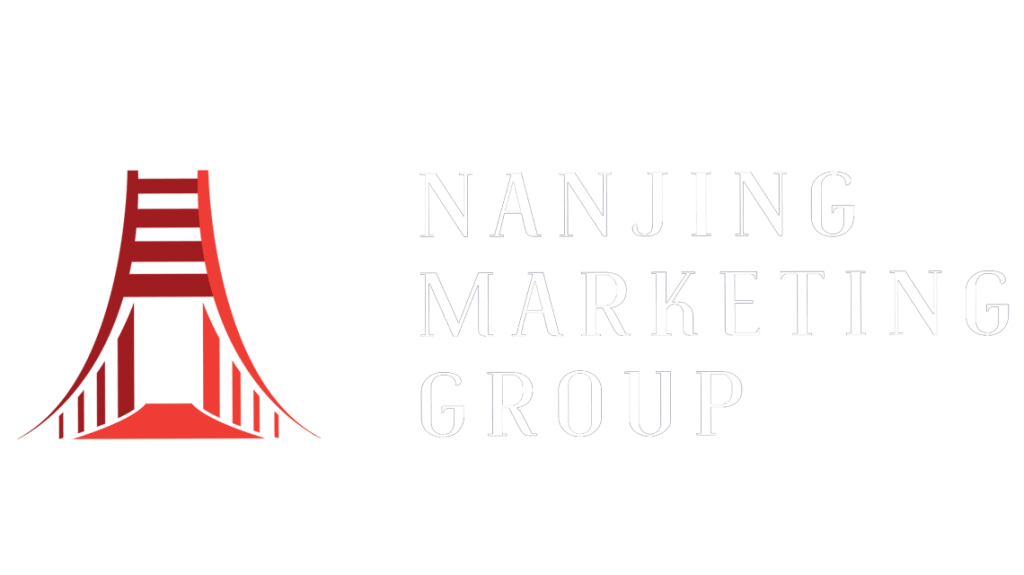In the August 7th, 1982 edition of the New York Times, there was printed a flashy headline: CULTURE OF JAPAN BLOSSOMING IN AMERICA.
The article quoted a Richard Lanier, director of the Asian Cultural Council, who said: “American awareness of and appreciation for Japanese culture is greater than it ever has been.”
It cited the interest from Americans in Japanese film, design, and cuisine. Reasons given ranged from the success of James Clavell’s novel Shogun, to the increasing might of Japan’s economy. Since then the interest has not abated, with landmark Hollywood movies such as The Karate Kid (1984), and two decades later The Last Samurai, as well as fashion designers such as Issey Miyake, Rei Kawakubo, and Yohji Yamamoto reaching global fame.

We must mention the global phenomenons of Pokemon and Dragonball Z; cosplay, and manga; Final Fantasy and the Sony Walkman, to name only a few things.
Japanese culture has been able to reach a broad spectrum of the planet. But while Japanese culture and its symbols still holds a powerful allure for the world, its Asian rival is lagging.
China, home to one of the world’s oldest continuous cultures, and which is now at a similar level of economic power as Japan was in its heyday, hasn’t experienced the same blossoming in the west as Japanese culture did. Why is this?
Yingying Li is an entrepreneur who has worked in San Francisco, India, Brazil, Turkey, and her native China. Her company, a management consultancy, specialises in communications, creative branding, and executive coaching, among others. She believes it’s because “the power of the global voice hasn’t shifted yet,” and that the question of why Chinese culture hasn’t blossomed in the west is intertwined with economics, politics, ideology, and development stages. In short, it’s complicated.
She believes China is not great at telling its stories, while America has been extraordinarily successful in this regard. “The US is extremely successful in grabbing attention from the world,” she says. “They empower each individual. They don’t just have a powerful economy but powerful institutions. They embrace freedom.”
William Matthews, an anthropologist at the London School of Economics, with focuses including cultural transmission and China, speculates on the question of this article after I approached him with it. He speculates that why Japan was more successful while China hasn’t caught on culturally in the west to the same degree, is because it has something to do with government control over soft power initiatives. “It is obvious when it’s state-directed propaganda,” he says.
“It seems to me that Japanese cultural exports have been successful in areas where they have uniquely intersected with western, especially US, popular culture while also providing a very distinct brand, like anime or manga.”
As a journalist, and someone of Chinese heritage who grew up in Britain, I have been reporting and writing about China for the past six years. I have reported on Chinese documentaries; China’s tattoo culture; its One Belt, One Road initiative; the resurgence of Buddhism among its young people; Chinese feminism; and about an art project which interviewed a 1000 young Chinese people in ten different cities, among much else.
I believe why Chinese culture hasn’t blossomed in the west in the same way as Japan did is because of four primary reasons. Firstly, Japan, following WW2, became a political ally of the United States and adopted democracy. China, meanwhile, seems more like an adversary. The political friendship and more similar political systems of Japan and America allows Japanese culture to grow more readily on US soil. The global success of US culture – its music, its movies, its TV shows – means America acts like a giant magnifying glass for other cultures (this is the second reason). What’s popular in the US helps whatever is popular gain significant attention worldwide. Which means Japanese culture caught on in the UK, France, and other western countries.
The third reason is to do with coolness. Yes, very academic. But Japanese products like Sony Walkmans, Casio watches, Nintendo video games (and its mascots) helped to create an idea of Japan as cool, nouveau, and cutting edge. These were hardware products that entered the modern consciousness at a specific time. Nowadays, China cannot lead on hardware products that are truly innovative or cool. Or it is very difficult to do so.

The final reason is to do with what Yingying mentioned: freedom. Freedom of expression allows culture to flourish. The creation of modern Japanese cultural products like Pokemon, manga, and fashion was possible due to the freedom of individuals to express themselves and benefit from a capitalist system that rewarded them for creative products.
The communist party of China still has problems with both old and modern Chinese culture. It seeks to control the narratives of both. But the creation of dynamic cultural products needs some level of subversion to be truly creative. Which is perhaps why there has not yet been a full blossoming of Chinese cultural products in the west (with emphasis on the plural).
However, a note: blossoming in the west might not be China’s aim. Westerners tend to think only about the west, but the world is much larger. It includes Africa, western Asia (such as Pakistan), central Asia, and eastern Europe. China’s political goals in these countries includes cultural products such as movies. And making movies, in fact, is actually something at which China appears to be succeeding. So although China may never succeed as much as Japan did in the west; it may well succeed in the other parts of the world where there are actually larger amounts of people.
Further reading: https://www.newyorker.com/culture/culture-desk/the-united-states-of-japan
